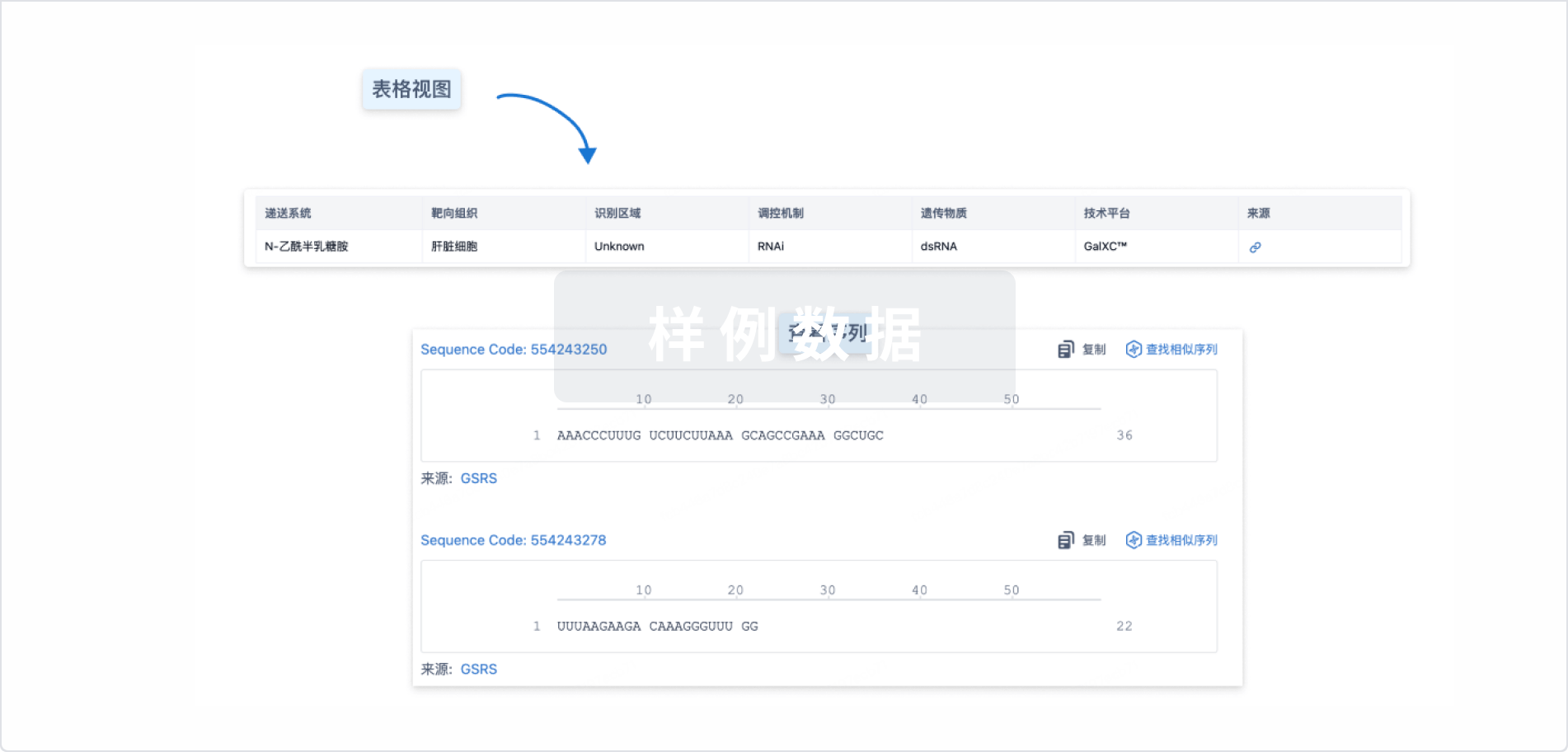Current inactivated polio vaccine (IPV) products are sensitive to both freezing and elevated temperatures and therefore must be shipped and stored between 2 °C and 8 °C, a requirement that imposes financial and logistical challenges for global distribution. As such, there is a critical need for a robust, thermally stable IPV to support global polio eradication and post-eradication immunization needs. Here, we present the development of air-dried thin films for temperature stabilization of IPV using the biomaterial silk fibroin. Thin-film product compositions were optimized for physical properties as well as poliovirus D-antigen recovery and were tested under accelerated and real-time stability storage conditions. Silk fibroin IPV films maintained 70% D-antigen potency after storage for nearly three years at room temperature, and greater than 50% potency for IPV-2 and IPV-3 serotypes at 45 °C for one year. The immunogenicity of silk fibroin IPV films after 2-week storage at 45 °C was assessed in Wistar rats and the stressed films generated equivalent neutralizing antibody responses to commercial vaccine for IPV-1 and IPV-2. However, the absence of IPV-3 responses warrants further investigation into the specificity of ELISA for intact IPV-3 D-antigen. By demonstrating immunogenicity post-storage, we offer the air-dried silk film format as a means to increase IPV vaccine access through innovative delivery systems such as microneedles.







